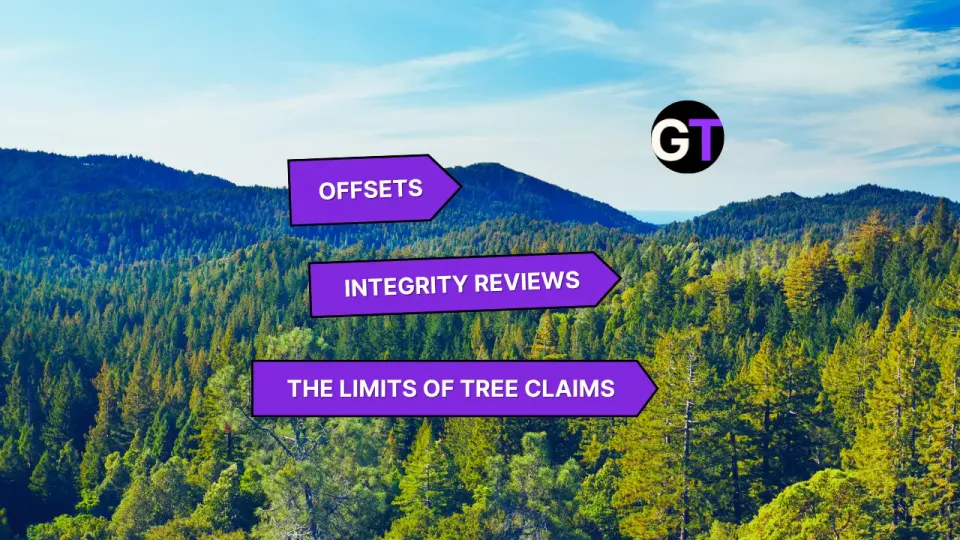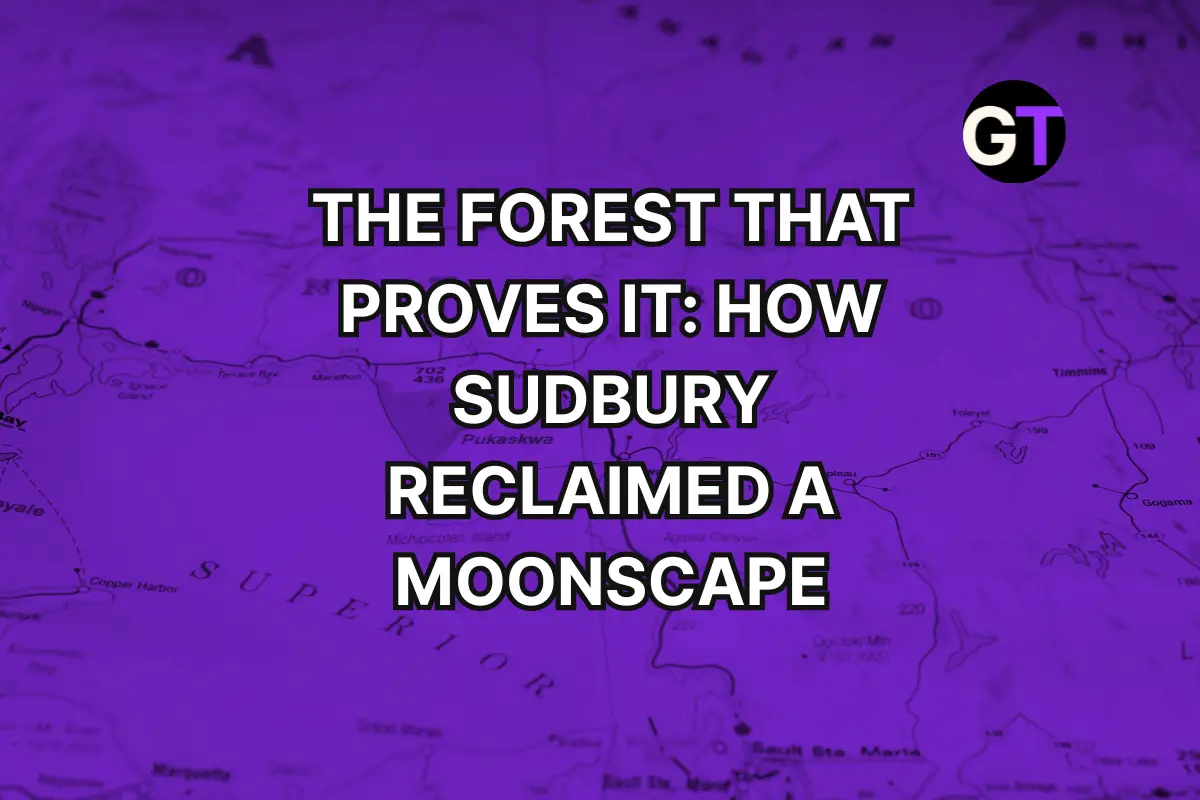This Week In Forest Finance, June 5
Weekly forest finance update: carbon market crashes, youth eco-leaders rise, biomass burial bets big, and bonds go wild for biodiversity.

Carbon Market Plunges 61% as Credibility Crisis Hits Offsets
Carbon offset sales dropped from $1.9B to $723M in 2023 after reports exposed inflated claims and “worthless” rainforest credits. Amid human rights concerns and failed climate promises, trust in voluntary offsets is crumbling. Experts say reform—not retreat—is the way forward: the market must clean up or risk burning out entirely.
💬 Can carbon markets rebuild trust—or is the fire too far gone? What role could open transparent data play in rebuilding confidence?
👉👉 Read more in The Guardian
Restore Like a Boss: Youth-Led Eco Projects Get the Global Stage
The planet’s in need of a glow-up, and the Restoration Stewards Program is handing out the eco-glitter. Created by the Global Landscapes Forum and Youth in Landscapes Initiative, this program is all about backing young changemakers (ages 18–35) who are already reviving forests, oceans, wetlands—you name it. With mentorship, €5,000 in project funding, training, and the chance to flex your work at international events, it’s not just a grant—it’s a full-blown ecosystem for your ecosystem. Bonus points if your project’s already rolling and rooted in Africa, Asia, Latin America or the Caribbean. English skills help, but passion and purpose come first.
💬 Can youth-led restoration projects outshine big-budget environmental campaigns—and actually get stuff done?
👉👉Apply now right here
Burned but Not Gone: How Biomass Burial Could Bury Carbon—and Wildfires
Grant Canary, CEO of Mast Reforestation, has a plan to stop wildfires from turning the Western U.S. into a seasonal BBQ pit—and it involves burying dead trees. In an interview with S&P GLobal, he explains how Mast’s Montana-based biomass burial and reforestation project aims to sequester 5,000 tons of CO₂e in its first phase, with carbon credits expected by Q4 2025. Here’s the twist: by excavating 20-foot clay pits and sealing dead trees underground, the project locks away carbon for 100 years and reduces future fire fuel. The price? Around $200–225/mtCO₂e for multi-year offtakes and up to $250/mtCO₂e for spot purchases—landing it right in the Goldilocks zone between biochar and direct air capture. And unlike traditional carbon projects, this one comes with reforestation, biodiversity, and habitat co-benefits baked in.
💬 Could burying trees actually unearth the future of wildfire mitigation and carbon removal?
👉👉Read the full interview on S&P Global
Rewilding with Returns: Can RESTORE Monetize Biodiversity
Triodos Bank is putting its money where nature is, issuing a fresh loan to RESTORE—a UK-based rewilding firm looking to scale “100-year” ecological restoration projects through a business lens. The press release paints a hopeful picture: landowners get paid to bring back biodiversity, companies buy credits to offset their impacts, and the countryside breathes a little easier. RESTORE’s approach blends vision, science, and savvy PR, offering natural capital services across 25,000 acres without owning a scrap of land. But as biodiversity net gain and carbon credits become mainstream financial tools, important questions linger. Can long-term ecological integrity be delivered through market-driven incentives? Will these projects create resilient ecosystems—or simply tick boxes for corporate ESG strategies?
💬 As nature restoration goes commercial, can biodiversity stay more than just a balance sheet entry?
👉👉Read the full press release on Triodos Bank
Biodiversity Grows a Footprint in Bond Markets
Labelled debt is fast becoming a key tool to fund biodiversity protection, with 16% of 2023 bonds citing nature-based goals—triple the share in 2020. Sustainable Fitch says green and blue bonds are expanding across sectors like energy and utilities, but data complexity still slows investor confidence. The biggest hurdle? Not missing data—but messy, inconsistent data. Still, ESG debt is gaining ground as a biodiversity backer.
💬 Will clearer data unlock the capital needed to protect nature?
👉👉 Read more in Sustainable Fitch
California Ramps Up Wildfire Defense with $72M Boost and Fast-Tracked Forest Projects
With federal cuts looming, California is stepping up—fast-tracking 13 wildfire resilience projects and awarding $72M for forest health across 7,000+ acres. From mechanical thinning to goat-powered grazing, the state is blending urgency with innovation to reduce risk, restore landscapes, and harden communities.
💬 Could these wildfire strategies be scaled to support long-term reforestation and tree recovery efforts?
👉👉 Read more on gov.ca.gov

Edited by Chris Harris

This work is licensed under a
Creative Commons Attribution 4.0 International License.





